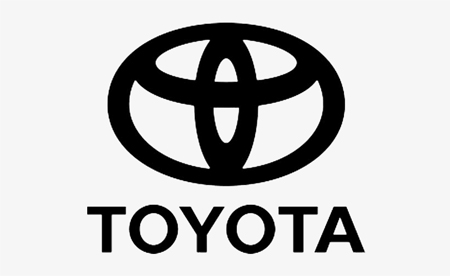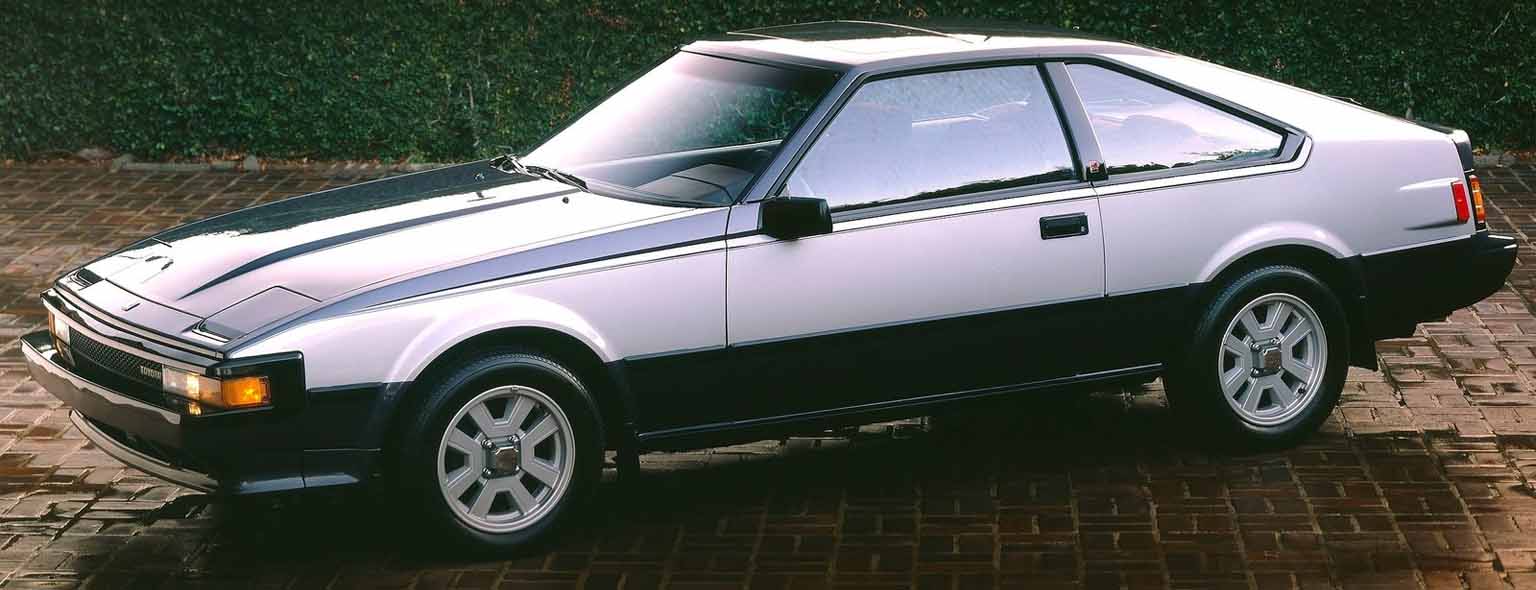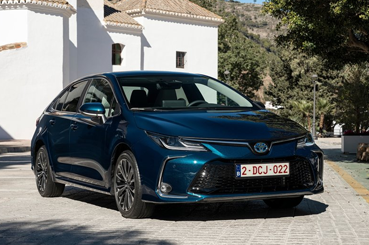Toyota, a name synonymous with innovation, reliability, and excellence in the automotive industry, has left an indelible mark on roads around the globe.

From its humble beginnings as a textile machinery manufacturer to becoming one of the largest and most respected automakers worldwide, the Toyota journey is a testament to its commitment to quality, efficiency, and customer satisfaction.
To celebrate Toyota turning 85 years old in 2023, we put them in the spotlight to give you an overview of what has helped make Toyota the manufacturers they are today.
Who are the Owners of Toyota?
The proprietor of Toyota is Toyota Motor Corporation. Established in 1937, it ascended to become the world’s largest automaker by 2008, surpassing General Motors. While the origins of the manufacturer’s activities can be traced back to Japan, the corporation has expanded its reach to fulfil global demand for its automobiles.
What other brands fall under Toyota Motor Corporation?
Toyota Motor Corporation is also the parent company of Lexus. Additionally, the corporation holds stakes in Subaru and Suzuki.
To what extent do they hold these stakes?
Toyota has a stake in Subaru which stands at 20.02%, while its stake in Suzuki amounts to 4.94%. Although the ownership in Subaru is not a majority share, it wields substantial influence over the company’s direction. Reports from Auto News indicate plans to integrate the innovative Toyota hybrid drivetrain technology into numerous Subaru vehicles and to advance all-wheel drive capabilities.
In 2019, Toyota invested approximately $910 million (£717,889,900 equivalent in August 2023) to acquire its stake in Suzuki. In a reciprocal arrangement, Suzuki holds a 0.2% share of Toyota. The companies have articulated their intent to tackle challenges within the automotive sector by fostering collaborative relationships in new domains while concurrently maintaining their competitive positions.

Where are Toyota Cars Made?
Toyota has a global manufacturing footprint that extends across multiple continents. The company operates over 50 manufacturing plants in over 20 countries, producing vehicles, engines, and parts.
The geographic diversity of the manufacturer’s production facilities allows the company to adapt to regional preferences and market demands efficiently. From Japan and the United States to Europe and Asia, Toyota had a large commitment to local manufacturing underscoring its dedication to contributing to local economies and reducing its carbon footprint.
Are Toyotas Reliable?
One of the cornerstones of the manufacturer’s reputation is its unwavering commitment to producing reliable vehicles. The brand’s focus on quality control, continuous improvement, and rigorous testing has consistently earned Toyota vehicles top marks for reliability.
The Toyota Production System, which emphasises lean manufacturing and minimising waste, has played a significant role in ensuring that each vehicle leaving the assembly line meets stringent quality standards. This dedication to reliability has fostered trust among consumers and led to the manufacturer’s impressive customer loyalty.

What is the Best-Selling Car of All Time?
When it comes to the best-selling car of all time, the Toyota Corolla takes the crown. Launched in 1966, the Toyota Corolla has maintained its popularity and relevance through numerous generations.
As one of the best-selling cars in the world, the Corolla is known for its fuel efficiency, affordability, and low maintenance costs. Its widespread appeal has propelled it to become the world’s best-selling car model, a remarkable achievement reflecting Toyota’s ability to meet diverse customer needs.
In conclusion, Toyota has a very successful story which is a tribute to its unwavering dedication to innovation, quality, and customer satisfaction.
With a global manufacturing presence, an emphasis on reliability, and iconic models like the Corolla leading the way, Toyota continues to shape the automotive landscape and inspire generations of car enthusiasts.
As the company continues to evolve and embrace new technologies, its commitment to excellence remains as steadfast as ever.




